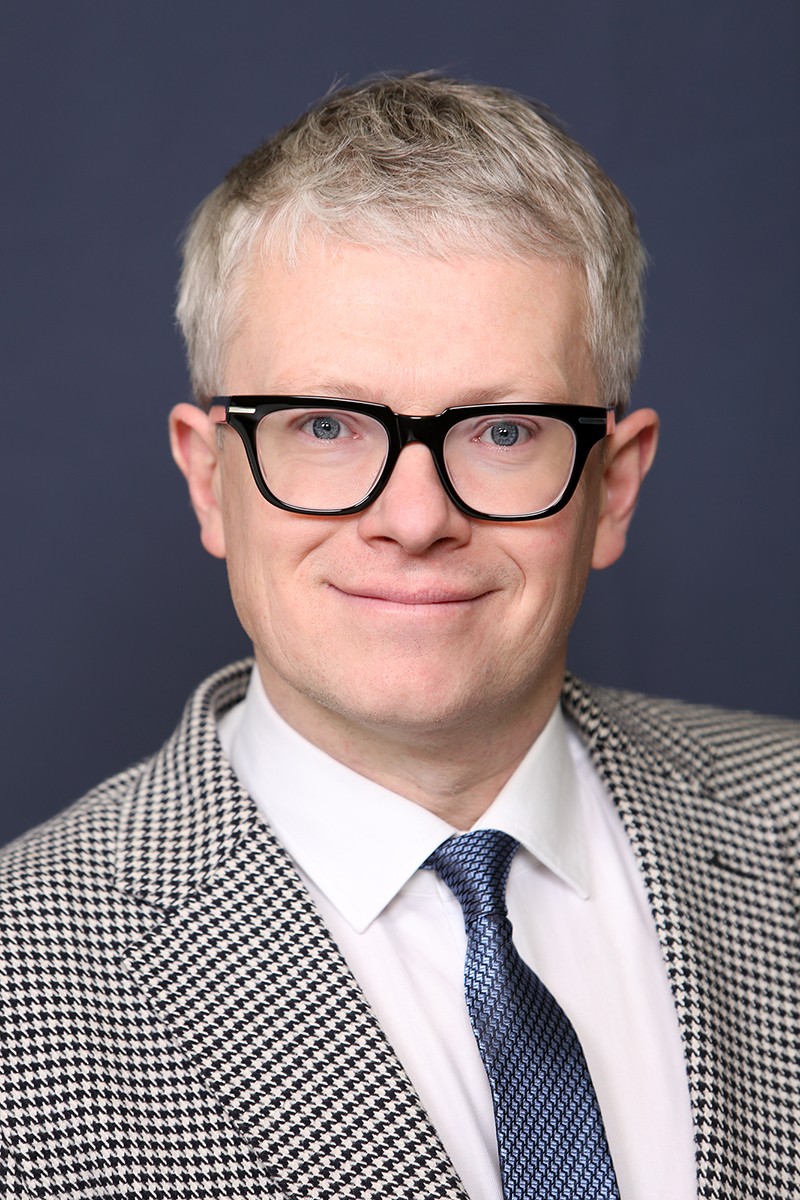Janek Mäggi: When treatment also kills the patient
27.02.2021
I spend my Saturday mornings tidying up my home and listening to the Finnish local news. Yle does it well, every region separately. The thought I heard on the news of Southern Finland today was that we cannot stop the epidemic anymore, we can only slow down its spread.
I thought, what are our main concerns? 1) People are dying, and 2) people are falling ill. Everything would be different if we didn't have these two concerns. Ships would be sailing, hotels would be full of people, entertainment and culture would be blossoming. Life would go on. How can these two problems be solved?
First, we must understand whether or not we can solve these problems with assistance. We have had all kinds of diseases, including those that have killed many people. But there are also diseases against which we are completely powerless. There have been more killer diseases in history, but they exist nowadays as well. You cannot treat everything. Life often ends with death as a result of disease.
Leprosy, for which there was no cure until the 1960s, was extremely tough. "When someone was diagnosed with leprosy, they were taken to the church where the priest sprayed holy water on them, admonished them and read them the mass for the dead, and the leper was then sent to a shelter where they had to stay until their death" (K. Kõrge 'When Audaku had a leprosarium', Eesti Loodus, 1981).
If the incubation period is 40 years
People caught leprosy from other people. The website of the Health Board confirms that the incubation period of leprosy is 1-20 years and may be as long as 35 to 40 years. How can you protect society against something like this? It's impossible.
There are a lot of similarities with corona. We are fighting a virus: 1) the spread of which we cannot control, although we have spent something like 100 million euros on testing; and 2) that can only be restrained with information (slows down the spread but does not stop it) and consequences (hospitalisation).
The government spends months discussing whether restaurants should be closed all day, until 21:00 or 19:00 or 18:00, only in Tallinn or everywhere in Estonia. Such methods are similar to the treatment of leprosy throughout history. "Oil of the chaulmoogra (Hydnocarpus wightianus) seed was used all over the world to treat lepers until the late 1940s. This oil was injected and applied to the skin (lepromas and spots). Although this treatment worked for some patients, its long-term effectiveness was questionable. Its effect was primarily cosmetic: symptoms decreased and even disappeared in the infected areas but returned later on. Oil similar to chaulmoogra oil – sapucainha oil – was found in Brazil in the 1920s. The nut of this plant mostly contains seeds, which are 70% oil. But this oil also had a merely cosmetic and relieving effect. There was still no cure." Same source, Eesti Loodus.
The BBC recently broadcast a piece on the extreme environmental pollution that fighting the virus has caused. When we think about disposable masks, their number and quantity, it is clear that years of environmental conservation efforts have been lost in an instant.
Live cautiously and be careful
What do we have to accept? All problems cannot be solved, all problems cannot be solved immediately and some problems solve themselves. Perhaps we should consider the construction of a couple of new hospitals in addition to or maybe instead of testing?
The 100 million could be (read: could've been) used to convert some neglected buildings of the state into corona hospitals. We would have definitely managed two of these in 10 months – one in Northern Estonia and the other in Southern Estonia.
Perhaps it's time to think about how to survive the next five years so that Estonia will still be here? So that a couple of restaurants, companies and people will still be here? The locked-up hen and cockerel, too.
Maybe we have to accept that people die, fall ill? Maybe we have to understand that people must live cautiously but still take risks: by boarding a plane that may crash; by driving a car that some hooligan may crash into, killing the driver who did nothing wrong; by not committing personal or collective suicide because you might catch some deadly disease? All of this can happen to us, and not only can, but will happen.
You have to live your life with common sense. Even if your body is ill. The end is near if your mind is ill. Everything that has evidence-based benefits must be done. However, the side-effects of these benefits must also be considered. A respected doctor told me in private: Of course, we have a cure for cancer, we have drugs that successfully kill cancer cells, but the problem is that they also kill the patient.
2316910


